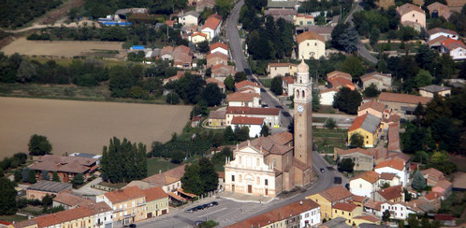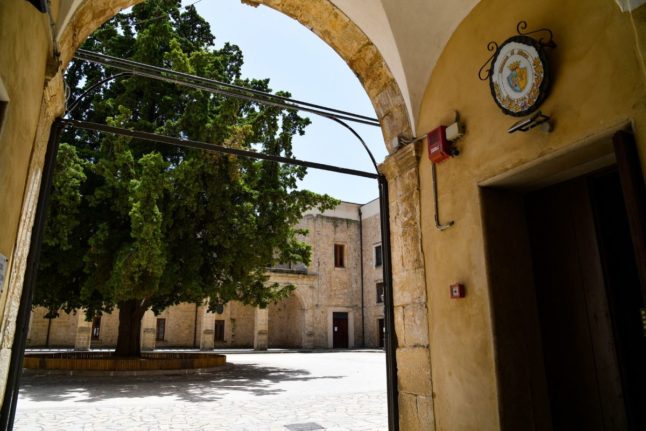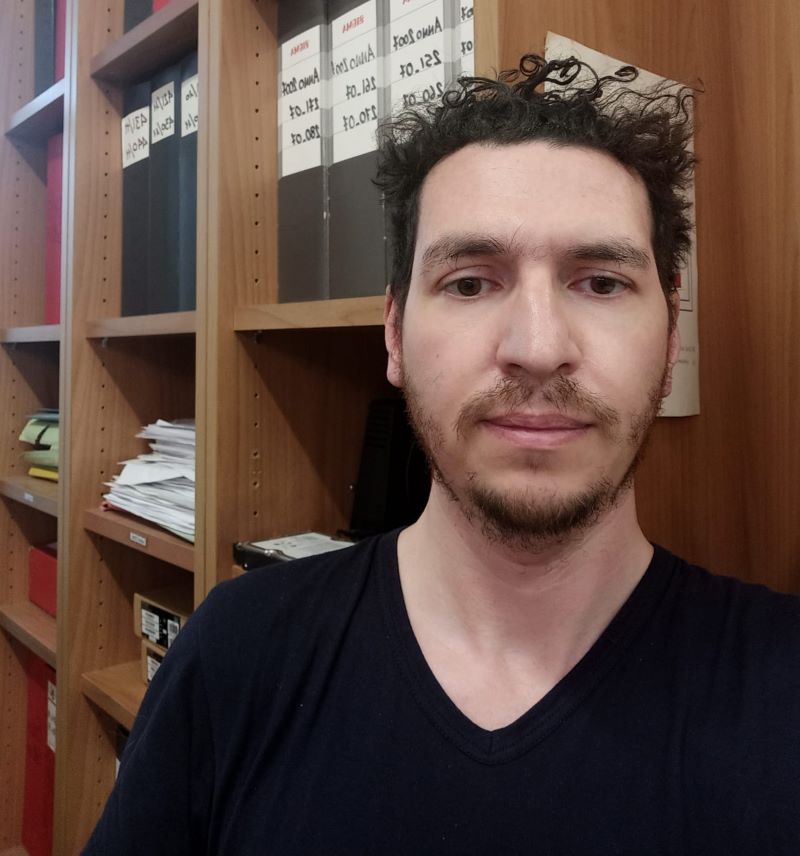Reciting the oath – “Giuro di essere fedele alla Repubblica italiana, di osservarne lealmente la Costituzione e le leggi", which translates as “I swear to be faithful to the Italian Republic, to faithfully observe the Constitution and the laws” – is the final part of Italy’s citizenship process.
But the 40-year-old Moroccan, a labourer, stumbled while reading it and was also said to be confused by its meaning, La Stampa reported.
The incident happened last week, but the man has been given a second chance to recite it.
Marco Trombini mayor of Comune di Ceneselli, a hamlet in the Veneto town of Rovigo, said he did not want to discriminate against the man, or any foreigner, but stressed that being able to read the oath is obligatory for citizenship.
"I simply asked him to read it and understand it well,” he was quoted by La Stampa as saying.
“And if he understands its meaning, I advised him to have it explained by a friend. It’s not about discriminating against foreigners; being able to recite the oath is a requirement by law.”
Trombini, who has been mayor of the town for ten years, went on to say that he had granted citizenship to many foreigners in the past, citing people from the former Yugoslavia and Morocco.
“And it gave me great satisfaction in doing so,” he added.
Those applying for citizenship are advised to learn the oath by heart before taking it, and to understand its meaning.
By law, you become an Italian citizen on midnight of the day you take the oath, and are eligible to apply for a passport the next day.
Don't miss a story about Italy – Join us on Facebook and Twitter.




 Please whitelist us to continue reading.
Please whitelist us to continue reading.
Member comments